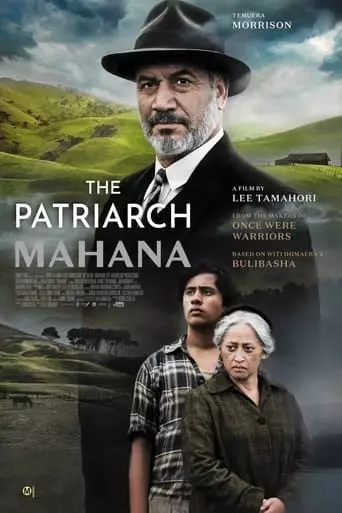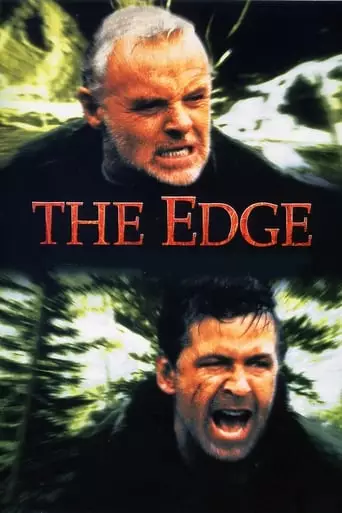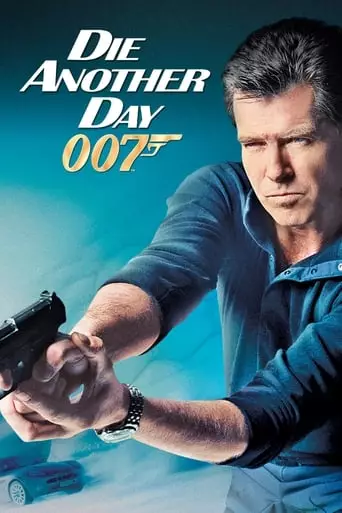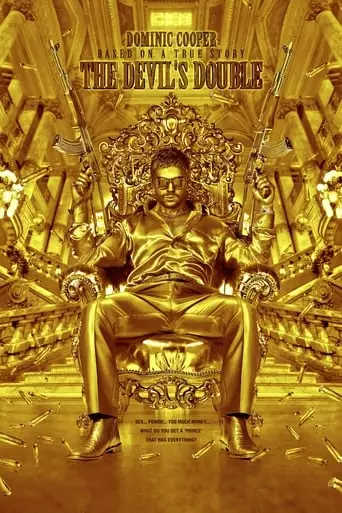Mahana (2016) Watch Online

Mahana (2016) Watch Online

The Edge (1997) Watch Online

Next (2007) Watch Online

Die Another Day (2002) Watch Online

Once Were Warriors (1994) Watch Online

The Devil’s Double (2011) Watch Online